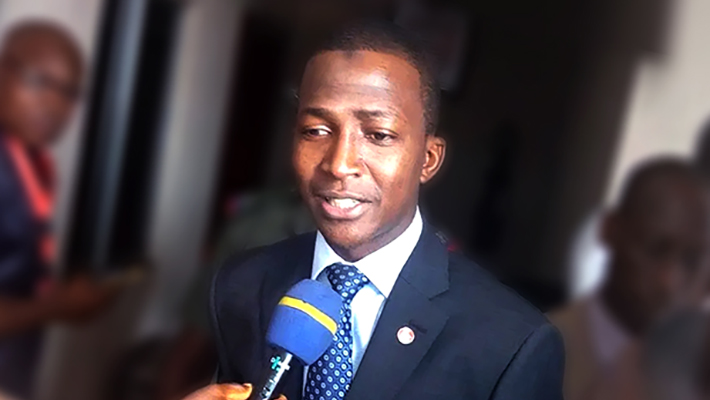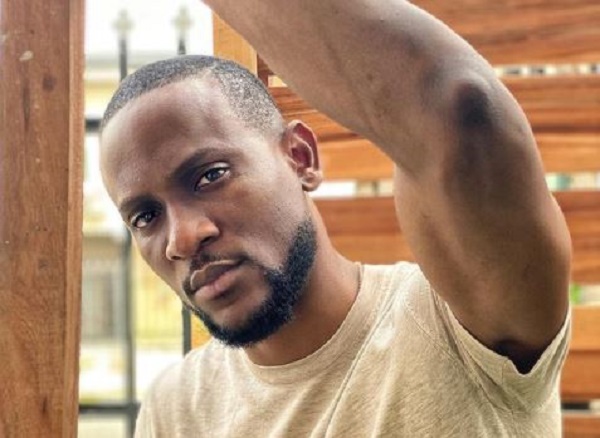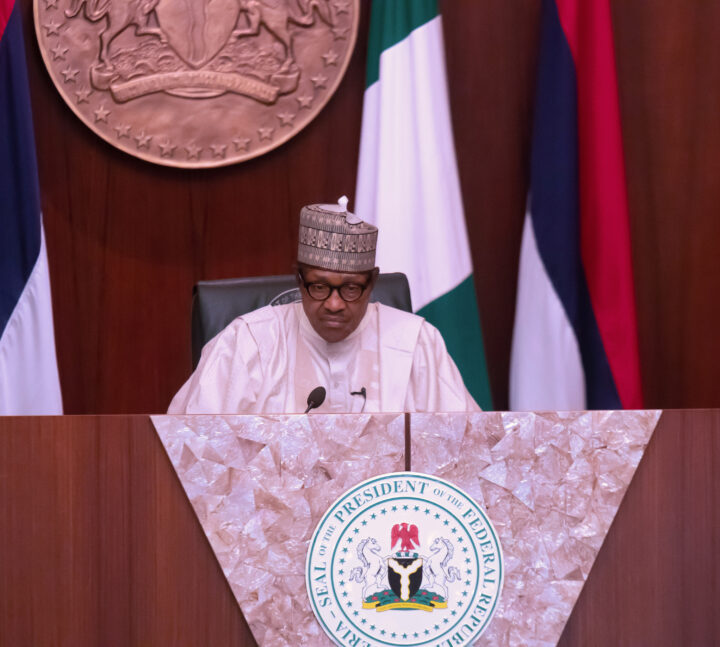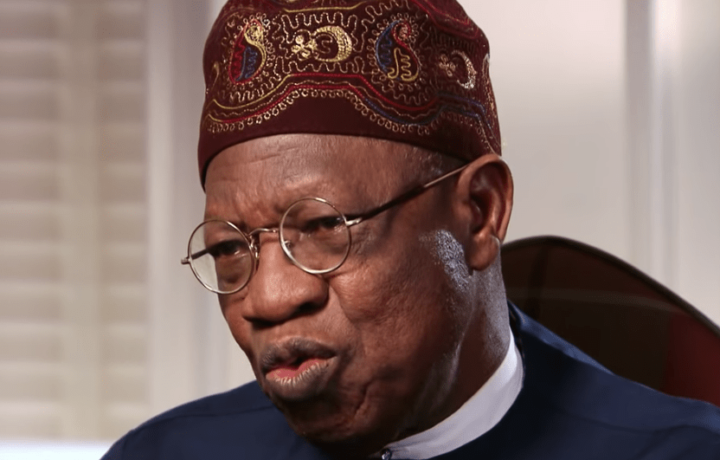After more than two months of being shut, courts across the nation have finally resumed operations.
The Judiciary Staff Union of Nigeria (JUSUN) on April 6 embarked on a nationwide strike in protest against the non-implementation of financial autonomy for the judiciary.
However, on June 9, the union resolved to suspend the action during its national executive council (NEC) meeting in Abuja.
The union said the decision was following the intervention of the National Judicial Council (NJC).
Advertisement
At the federal high court in Abuja, on Monday, TheCable observed that staff had resumed fully. Some of them were seen hugging and exchanging pleasantries.
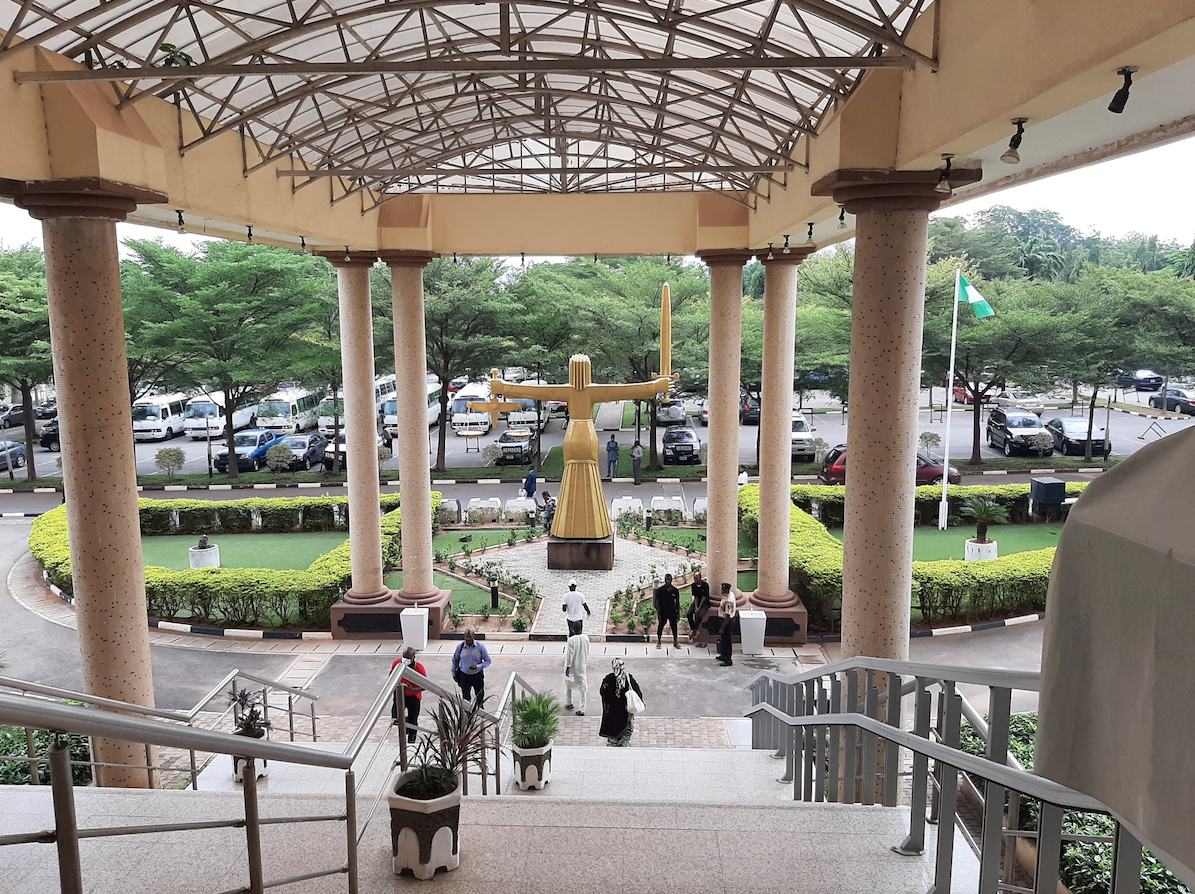
However, there was a low turnout of lawyers and litigants. A few lawyers who were present said they were uncertain if their cases would be heard.
Advertisement
Some other lawyers were seen taking fresh dates to hear their cases.
Most of the courtrooms did not have a course list.
TheCable also observed that some of the judges who were transferred following the recent reshuffling of federal high court judges had resumed in their new jurisdictions.
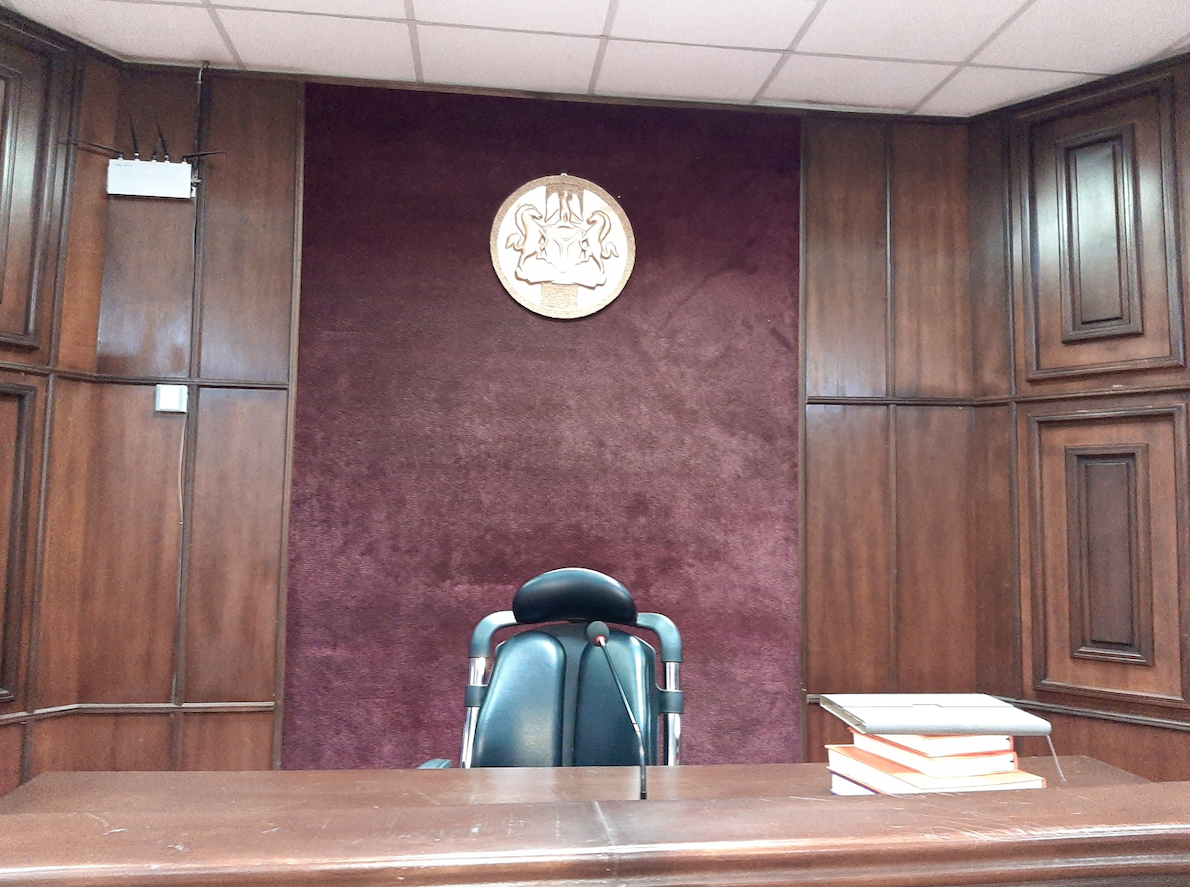
Advertisement
Folashade Giwa-Ogubanjo who was transferred to Enugu has been replaced by Zainab Abubakar. Ijeoma Ojukwu who is now in Calabar has been replaced by Bolaji Olajuwon from Makurdi.
Okon Abang who was transferred to Warri division has been replaced by D.U. Okorowo.
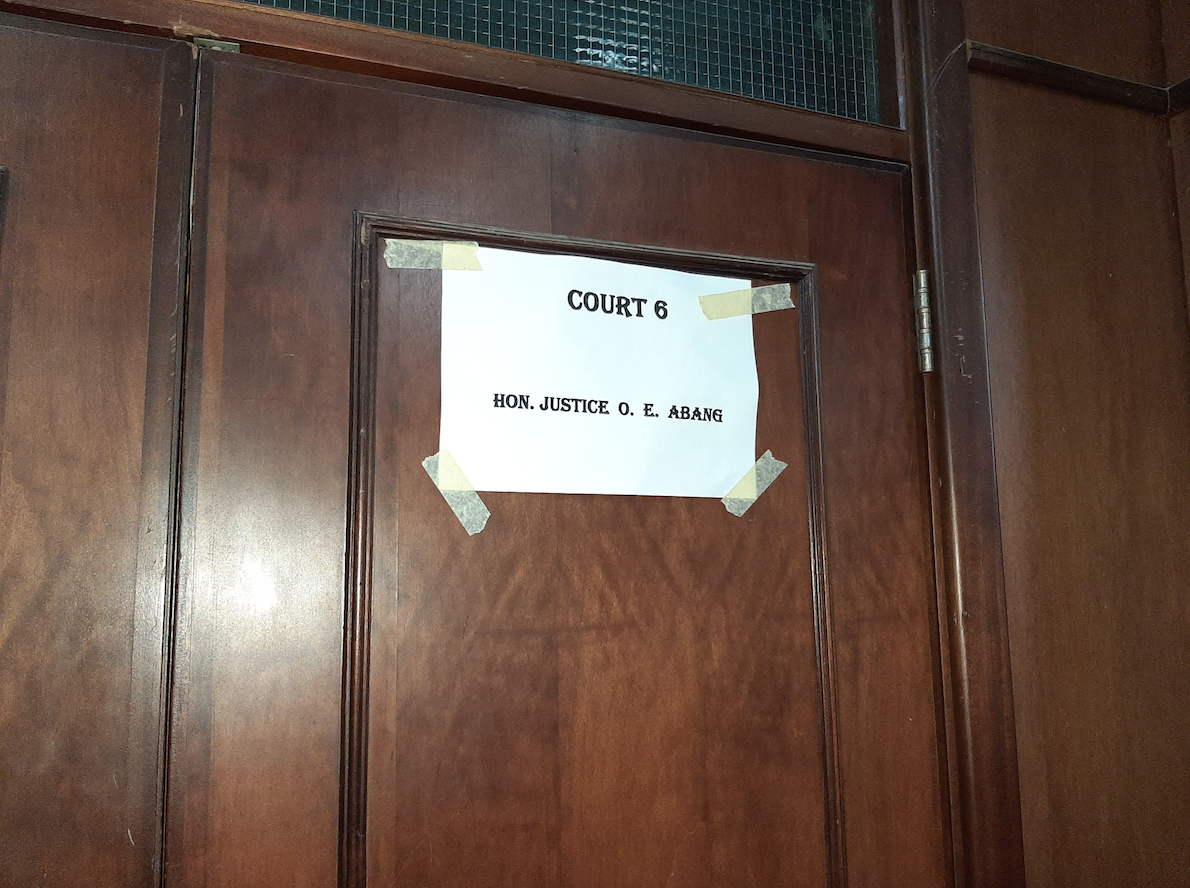
With the transfer of judges, some cases will have to start de novo (afresh) while some judges will require fiat to enable them to continue with the cases in their former jurisdiction.
Advertisement
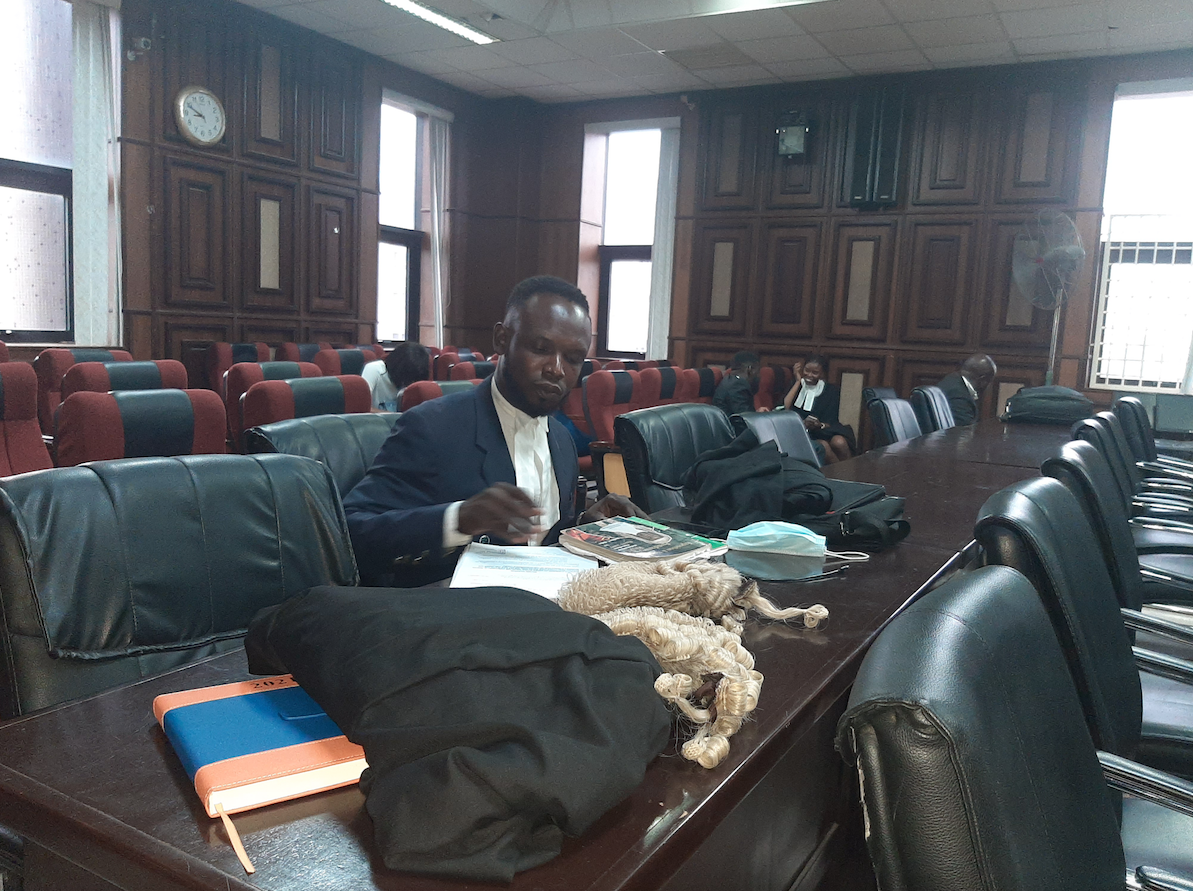
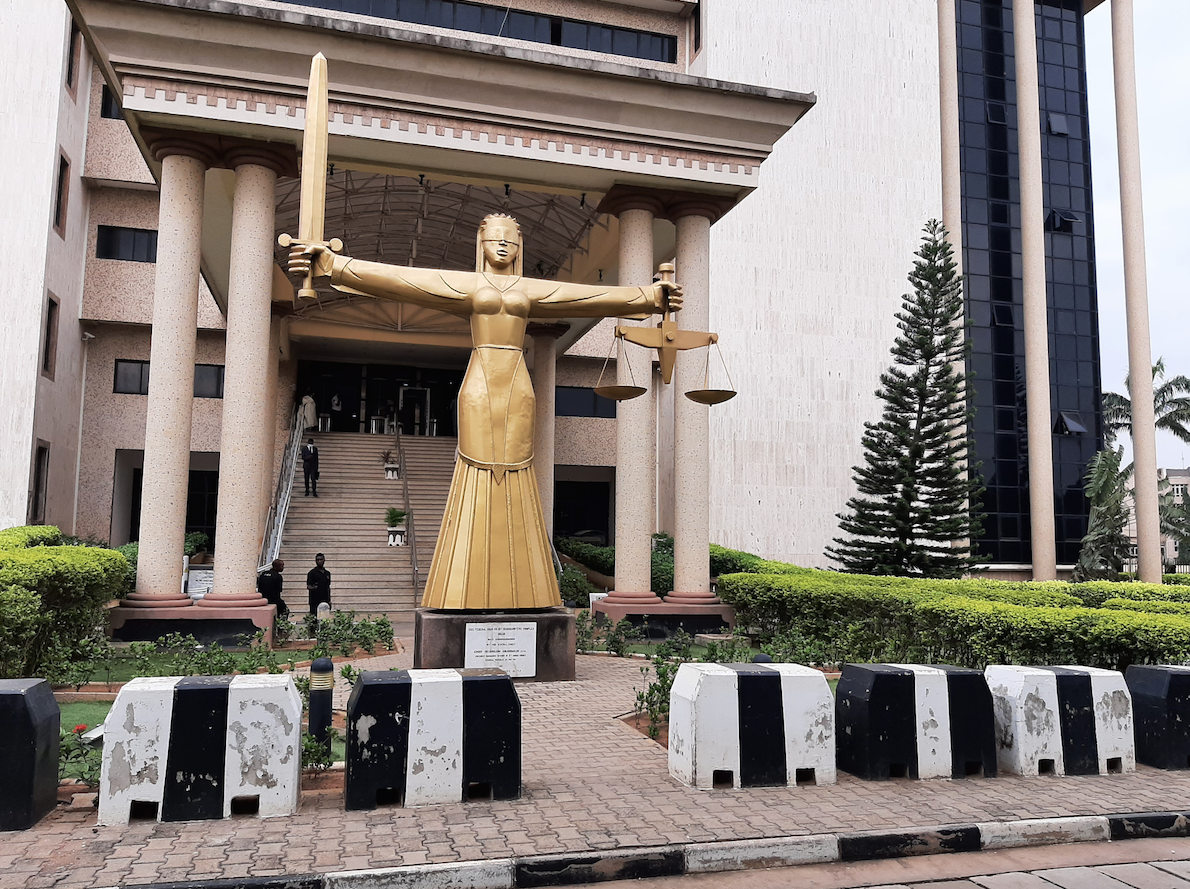
Advertisement
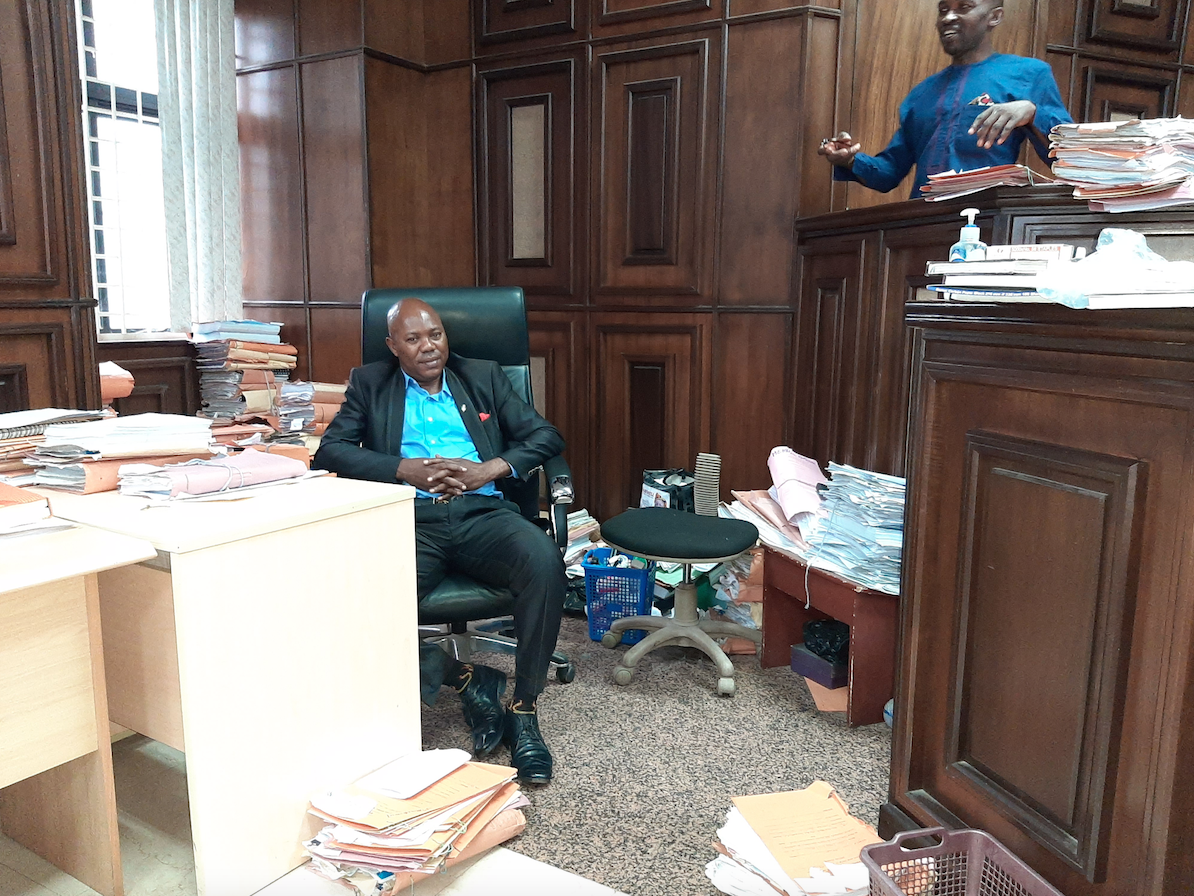
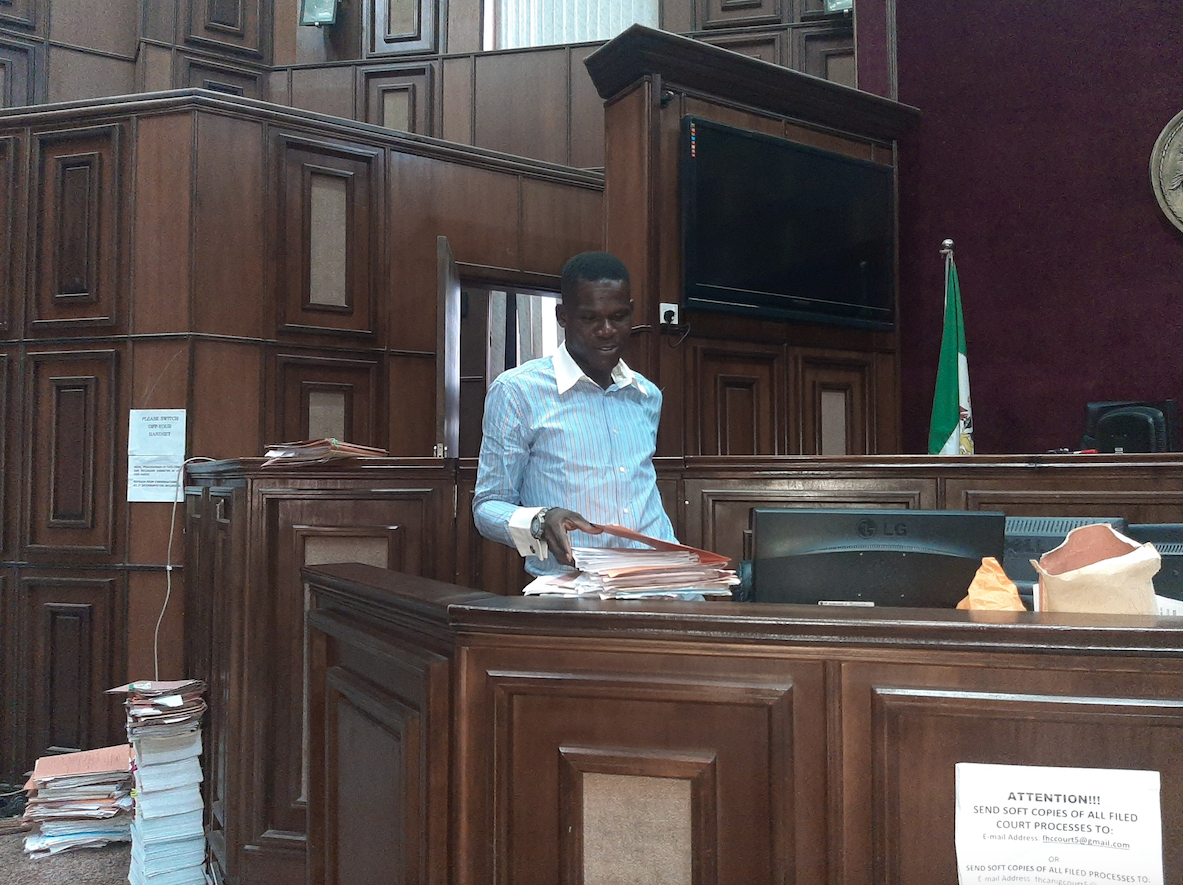
Advertisement
Add a comment


